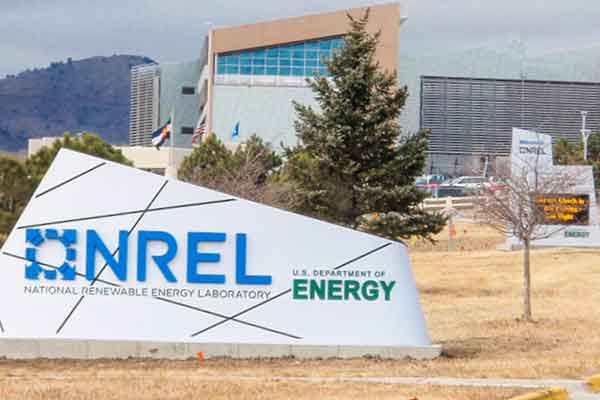- Panasonic says it'll not to proceed with proposed collaboration with GS-Solar.
- That it wants to optimize development and production.
- It'll continue manufacturing activities for the solar business in Japan, and Malaysia.
Japan — Panasonic Panasonic Corporation announced that it will exercise its right not to proceed with the proposed collaboration with GS-Solar (China) Company Ltd., headquartered in Quanzhou, Fujian, in the photovoltaic business.
Like Panasonic, GS-Solar is a photovoltaic module manufacturer engaging in research, and development, production, and sales of heterojunction photovoltaic modules, the products characterized by the unique combination of amorphous and monocrystalline silicon photovoltaic cells and offering the features such as high conversion efficiency and outstanding
temperature coefficient.
In May 2019, Panasonic and GS-Solar reached an agreement to establish a new, jointly operated company after the separation of research and development functions from Panasonic.
At the same time, it was also agreed that Panasonic will fully transfer its solar manufacturing subsidiary, called Sun Everywhere Sdn. Bhd. (formerly Panasonic Energy Malaysia Sdn. Bhd.), to GS-Solar.
Panasonic will exercise its right not to proceed with the agreement due to GS-Solar’s failure to fulfill the requirement necessitated to launch by the deadline agreed to in the contract.
Panasonic gave an extension to GS-Solar, considering the ongoing COVID-19 impacts on the scheduled procedures. However, GS-Solar could not comply with the requirement by the extended deadline. Panasonic will take resolute measures, which do not rule out taking legal action against GS-Solar for a breach of contract.
Panasonic will look into every possible measure, including new business collaboration with other partners, to restore profitability in the solar business by the fiscal year ending March 2023, with more focus on the energy solution business combining photovoltaic modules, HEMS and storage batteries.
Panasonic will continue its manufacturing activities for the solar business in Nishikinohama (Osaka), Shimane, and Fukushima in Japan as well as in Malaysia.














Comments